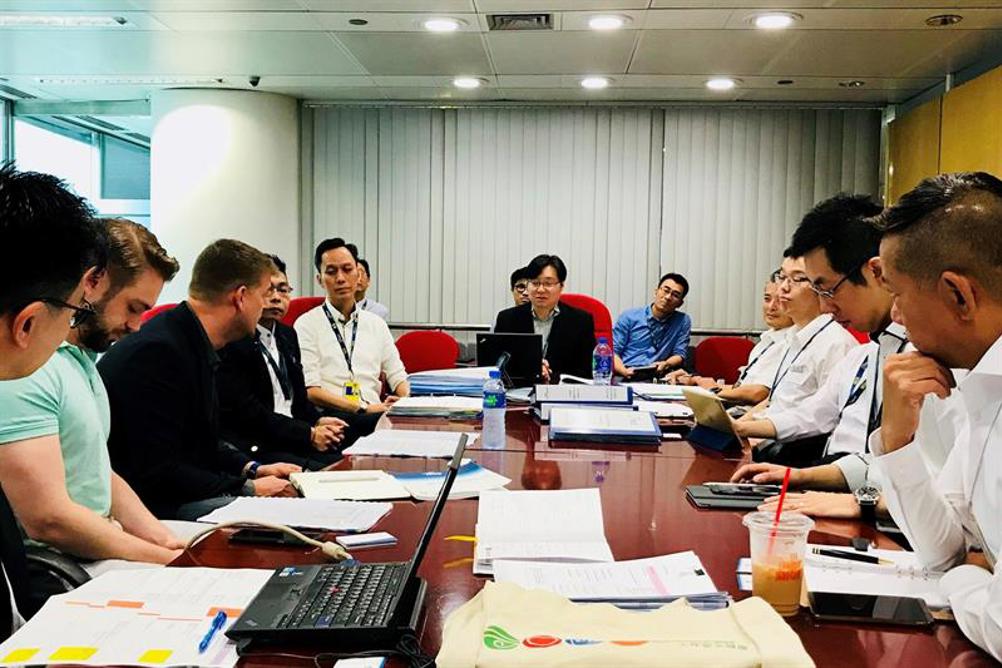
SFOC is part of the Smart Facility programme, which aims to provide total transparency on capacities and services offered by cargo terminal operators, by means of a multi-tiered validation process. This could save thousands of man hours every year, time that is taken up with largely duplicated auditing effort.
Hactl was chosen as the launch test site for the new audit system because of the scale and complexity of its operations, the diverse range of cargo it handles, the number of carriers (over 100) it serves, and the company’s highly-developed quality management systems.
“The IATA Smart Facility Operational Capacity Audit pilot with Hactl was successful. The feedback received from the Hactl team was valuable in fine-tuning the audit questions, auditor actions and guidance, ensuring a consistently high audit quality across the program,” commented Glyn Hughes, IATA’s Global Head of Cargo.
SFOC targets a reduction in complexity and number of current industry audits, by adopting all IATA standards relating to cargo terminal operations.
“Smart Facility Operational Capacity Audit reports will enable carriers to complement their risk analysis data, and conduct more focused on-site audits that are shorter, less resource-intensive and less frequent,” he added.
Initially the program aims to reduce carrier audit complexity by 50%, reducing the burden on cargo terminal operators.
